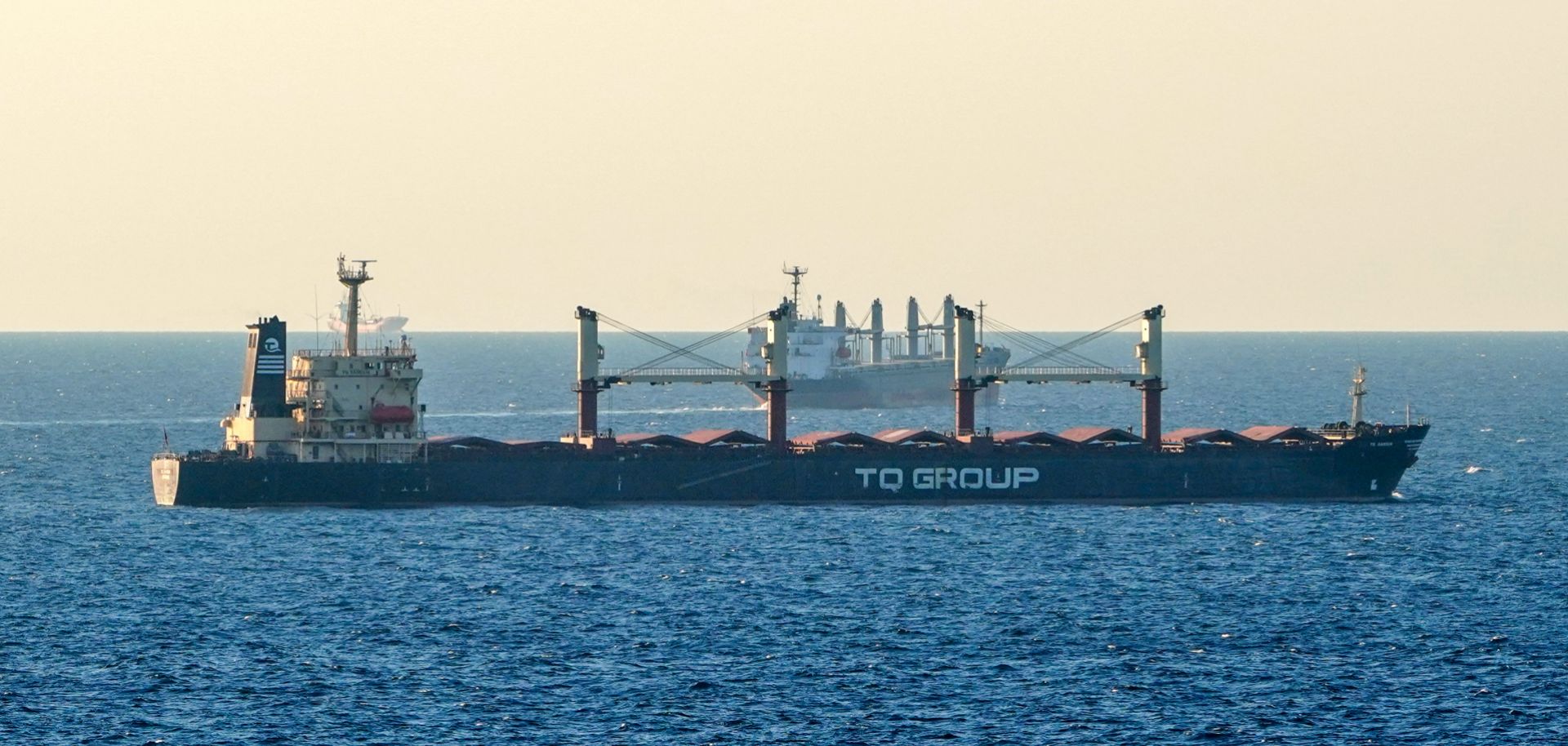Despite failing to achieve a new grain deal, Turkey and Russia will retain their pragmatic relationship due to economic benefits and weakening competition in other areas of foreign policy. But if Ankara's political imperative to lower food prices at home increases, it could take stronger steps to push back against Moscow. On Sept. 4, Russian President Vladimir Putin rejected Turkish President Recep Tayyip Erdogan's attempts to mediate a restoration of the U.N.-brokered Black Sea Grain Initiative that Russia withdrew from in July 2023. Russia claimed that Western sanctions against it violated the agreement, and demanded further action to facilitate Moscow's export of agricultural products and fertilizer. But the West appears unlikely to provide those assurances, with Germany calling Russia's remarks ''cynical'' and the United States refuting Moscow's claims by saying that Russian wheat exports actually increased during the period of sanctions in 2022-23 from July to June. This development marks...

